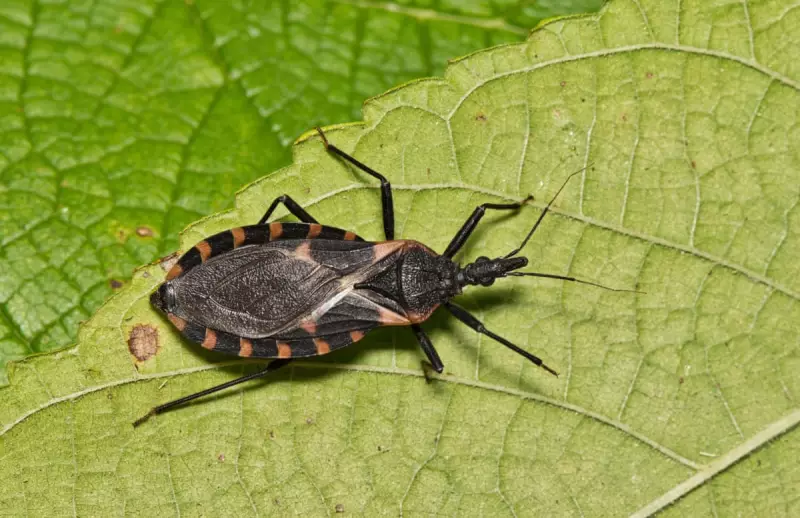
Health experts are sounding the alarm over a silent and potentially deadly epidemic sweeping across the United States: Chagas disease, transmitted by the notorious 'kissing bug'.
The Silent Threat in American Homes
New data reveals this tropical disease, once confined to Latin America, is now establishing a firm foothold in the US. The Centers for Disease Control and Prevention (CDC) estimates over 300,000 Americans are already infected, with the vast majority completely unaware they carry the parasite.
The insect responsible - triatomine bugs, nicknamed 'kissing bugs' for their tendency to bite around the mouth - operates under cover of darkness. These nocturnal feeders typically strike while victims sleep, often transmitting the parasite through their faeces, which can be accidentally rubbed into the bite wound or eyes.
From Mild Symptoms to Heart Failure
The initial acute phase often presents with mild, flu-like symptoms that easily go unnoticed. However, the real danger lies in the chronic phase that can develop decades later.
The devastating long-term effects include:
- Irreversible heart damage and heart failure
- Life-threatening cardiac arrhythmias
- Severe digestive system complications
- Increased risk of stroke
America's Growing Vulnerability
Climate change is creating ideal conditions for these insects to expand their territory northward. Warmer temperatures allow kissing bugs to survive in regions previously considered too cold, while increased travel and migration patterns help spread the disease.
Dr. Norman Beatty, assistant professor of medicine at the University of Florida, emphasises the urgency: "We are not prepared for this. Many healthcare providers in the US don't consider Chagas disease when evaluating patients, leading to missed diagnoses until it's too late."
A Call to Action
Medical professionals are urging greater awareness and earlier screening, particularly for high-risk individuals including those who:
- Have lived in or travelled to Latin America
- Reside in southern US states where the bugs are prevalent
- Live in substandard housing where the insects can enter easily
While treatments exist, they're most effective when administered early. The medical community is calling for improved physician education, better diagnostic capabilities, and increased research funding to combat this emerging threat before it becomes a full-blown public health crisis.





